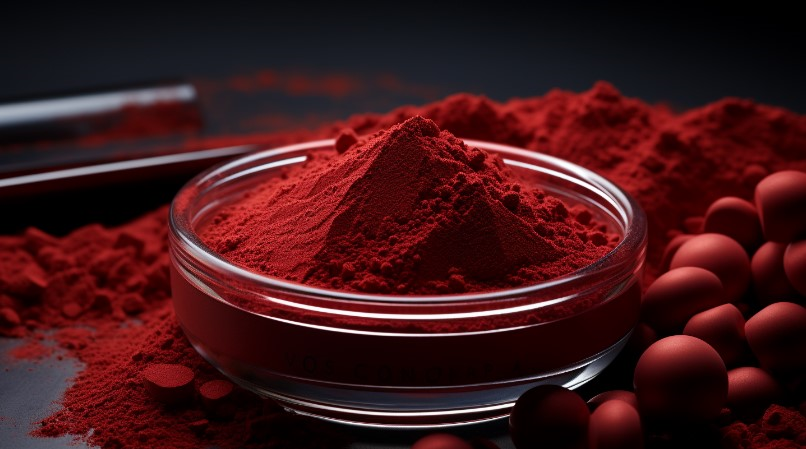How much do you know about vitamin supplements

In this fast-paced modern society, people pay more and more attention to health and nutrition. For people who attach importance to health and work busy, vitamin supplements seem to have become “a good medicine”, “feel that they lack, they make up”, “regardless of their lack of follow the trend”, “advertising said that they can make up, prevent disease and protect health”. In fact, vitamin supplements also have university questions, reasonable supplementation is the key to maintaining health.
Get vitamins in your diet
Vitamin is a class of organic compounds, the content in the human body is very small, do not participate in the formation of human cells, do not provide energy for the human body, but in the maintenance of physiological function, regulation of material metabolism, promote growth and development play an important role.
Most vitamins cannot be synthesized in the body and must be supplied by food. The vitamins contained in food usually exist naturally and work in concert with other nutrients, so the vitamins obtained from the diet are easier for the body to absorb and use. In the case of balanced nutrition and reasonable diet, the daily vitamin needs of the human body can be met, and most people will not lack vitamins.
Lack of vitamin expression
Vitamin A
It is important for maintaining normal visual function, maintaining skin and mucosal health, and promoting immune and reproductive health. Vitamin A deficiency leads to decreased dark adaptation, severe night blindness, dry eyes, dry skin and so on.
Vitamin B group
It is a large family, including vitamin B1, vitamin B2, vitamin B9 (folic acid), vitamin B12, etc. It plays an important role in energy metabolism, nervous system function, erythrocyte production and maintaining normal cardiac function. Vitamin B1 deficiency can lead to peripheral neuritis, beriberi, edema, and even heart failure. Vitamin B2 deficiency can cause skin mucosal lesions, such as keratitis, dry eyes and so on. Deficiency of folic acid and vitamin B12 may lead to macrocellular anemia.
Vitamin C
It is essential for the normal function of the immune system, collagen synthesis and wound healing, and iron absorption. Vitamin C deficiency can cause scurvy, swelling and bleeding of the gums, decreased resistance, and delayed wound healing.
Vitamin D
It can regulate calcium and phosphorus metabolism and promote bone and tooth growth. Vitamin D deficiency in infants can cause rickets. In adults, especially pregnant women, nursing mothers, and the elderly, vitamin D deficiency can cause osteomalacia/osteoporosis.
Vitamin E
Also known as tocopherol, it has anti-sterility and antioxidant effects. Vitamin E deficiency usually causes no symptoms, and some people may have recurrent miscarriages.
Vitamin K
Vital for blood clotting and bone health. Vitamin K can be obtained from food or synthesized by gut bacteria, and most people do not suffer from vitamin K deficiency. Vitamin K deficiency in some people may easily lead to bleeding.
() ()


